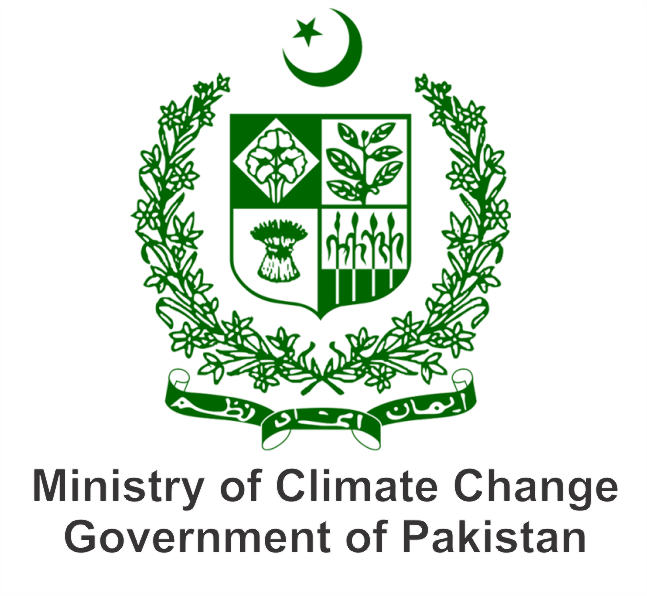Deforestation and forest degradation is the second largest anthropogenic source of atmospheric carbon dioxide emissions. According to IPCC Fifth Assessment Report, Deforestation and Forest Degradation contributes about 11% towards global GHG emissions. At the same time, forestry sector has potential to sequester 31% of CO2 emissions, which constitute one of main greenhouse gas. Halting and reversing deforestation is therefore one of the most important activities to mitigate impacts of climate change.
Reducing Emissions from Deforestation and Forest Degradation (REDD+) is a concept adopted by the parties to United Nations Framework Convention on Climate Change (UNFCCC) at Sixteenth Meeting of Conference of Parties (CoP 16) held in Cancun 2010 as a forest-based climate change mitigation approach. Participation of countries in REDD+ is voluntary. REDD+ is also recognized in Article 5 of the Paris Agreement.
REDD+ implementation involves three phases– Readiness Phase; Demonstration Phase and Full Implementation Phase to access results-based payments against fully measured, reported and verified actions. Para 71 of Decision 1 of CoP 16 has set four key requirements for REDD+, as follows:
- National Strategy and/or Action Plan
- National Forest Reference Emission Level and/or Forest Reference Level (FREL/FRL) or, if appropriate, as an interim measure, subnational FREL/FRL while transitioning to a national FREL/FRL in accordance with Para 71(b) of Decision 1/CoP16
- Robust and transparent National Forest Monitoring System
- REDD+ Safeguards Information System
The Government of Pakistan is a party to UNFCCC. In compliance of Cancun agreement Ministry of Climate Change is embarked upon implementation of REDD+ activities in Pakistan in collaboration with provincial governments, chiefly the forestry departments to mitigate climate change through reducing carbon emissions from forestry sector.


